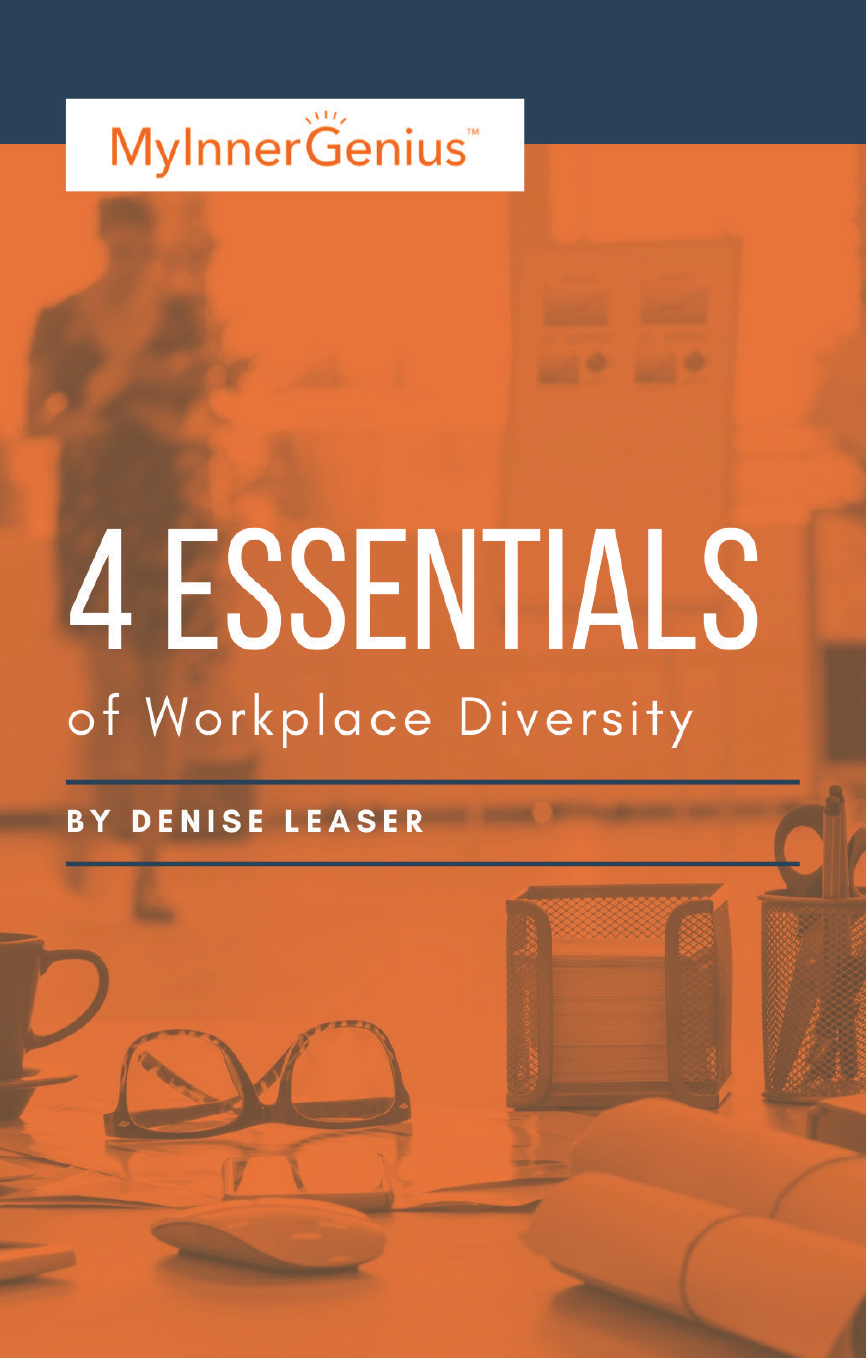Resumes are an incredibly limited form of hiring. It’s convenient to have all the best aspects of a candidate boiled down to a sheet of paper, but how much does the data on a resume tell you?
You learn where they previously worked, but not how well they worked. You learn where they went to school but not if they were a good student. And you learn nothing about what really matters to hiring professionals: why will this candidate make the best fit? What’s their work style? What else do they bring to the table that I’m not specifically looking for?
All in all, a resume is not the best way to choose a new employee. What is the best way? I prefer thorough pre-hire assessments that get to the heart of an applicant and allow them to tell you why they’re the right fit.
Here are three things that only assessments can tell you.
Their Real Life Interests
I had an employee once who, to put it kindly, wasn’t excelling. She looked detached from her job, clearly unhappy, and her work was reflecting that. After looking at her assessment, I found out that she had some graphic design skills and did projects outside of work.
Just to see if it would make a difference, I tasked her with creating an internal newsletter, giving her total control of design. By giving her one task she enjoyed, the rest of her work quality improved dramatically. And I never would have known to try this approach if I didn’t have the results of the pre-hire assessment I give all applicants.
By keying into what your employees do and enjoy outside of the office, you can tap into those interests and allow them to channel that passion and creativity into their career.
Insights Into the Candidate’s Background
Much of the time, an impressive resume is built on access to good networks that come from a background of privilege. If you’re bringing a candidate in for an interview based on a good education and work experience, you’re doing not only a disservice to other applicants, but to the company you’re hiring for. But when you hire with the data from an assessment, you get a clearer idea of your candidate’s background on how it might contribute to making your company stronger.
Applicants from low-income backgrounds, for instance, often have intersections of identity and a broader range of experience that you won’t find in more traditional candidates. This does not invalidate the skill of people with impressive work experience, but again, do you want someone who can do the job or someone who can excel at the job? Going purely off resumes, you could very well be limiting your options and sending the best person to the reject pile.
You Get to Know the Real Candidate
It’s easy to lie on a resume. That might be slightly controversial to say, but it’s true. With less information expected, there’s a greater chance of a candidate being able to misrepresent themselves in order to get the job. Nearly half of all candidates include little white lies on their resumes, according to a SHRM study. As an HR professional, you know that applicants can sometimes talk a bigger game than they play.
When you give candidates an evaluation, you’re asking them to open themselves up beyond the basic, perfunctory bullet points of a resume. Unlike on a resume, which you can easily make look good by looking at the job description you’re applying for, there are no right answers on an assessment.

